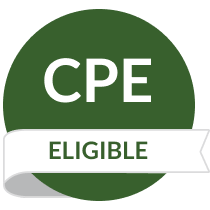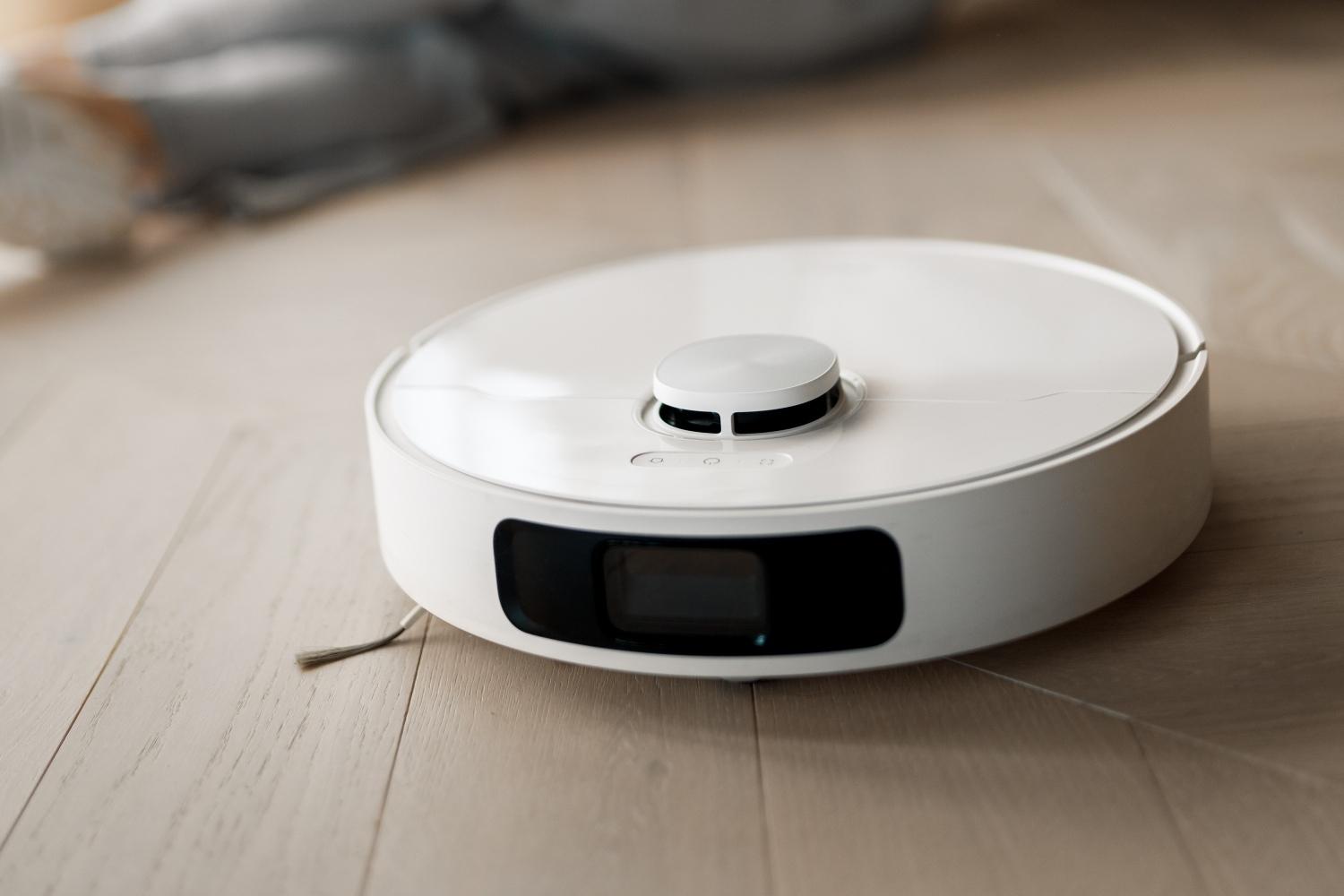Notes from the IAPP Editorial Director, Oct. 14, 2022


Published:
Contributors:
Jedidiah Bracy
Editorial Director
IAPP
Hello from Austin, Texas!
I write to you this week from what's been an excellent Privacy. Security. Risk. conference in the state's capital. Like all of our conferences, this one has flown by, but has been filled with invaluable conversations, practical and informative sessions and, quite frankly, a stellar nightlife.
Of course, we're now living in a post-Roe-v-Wade America and performing an abortion in Texas is now a felony, punishable by up to life in prison. The law went into effect in August immediately after the Supreme Court ruling. The implications of the Dobbs decision are massive as are the connections to personal privacy and data security. These issues were laid bare during our opening keynote panel at the famous Moody Theatre at Austin City Limits. For a full recap of the session, I urge you to read our reporting and, if you have time, watch the full video.
Indeed, the decision is a "wake-up call" and further highlights the importance of personal privacy in a world with smartphones, location tracking and data brokers. Center for Democracy & Technology President and CEO Alexandra Reeve Givens said the decision breeds "normalizing surveillance on your neighbors" and weaponizes data in unprecedented ways. Mundane daily activities, text conversations, search history and location tracking all can now be used against people with life-changing results. Companies must now be prepared for how to handle law enforcement requests and protect data that can now possibly incriminate women, doctors, nurses, family and friends.
The post-Dobbs conversation and the power of ubiquitous data collection over individuals also ties into another major theme here in Austin: artificial intelligence. Mo Gawdat, former chief business officer at Google [X], did not pull any punches when describing the dramatic rise of AI. He said within just a few years, AI will be exponentially more intelligent than humans. He compared AI brain power to that of human intelligence as being equal to comparing Einstein's brain to a fly's. What will that mean for human self-determination? Sure, he said, we should be afraid to an extent, but he urged us to "love the machine," and offered a hopeful message where humans and AI can develop a symbiotic relationship. His address was nuanced, so I urge you to watch it for yourself.
Clearly many companies are grappling with how to leverage AI systems without running afoul of privacy laws or damaging the company's reputation. Ethics comes into play here, with several sessions detailing how to implement ethical and privacy considerations from the start. And on the horizon, the metaverse is growing. As more industries get into the metaverse game, many novel privacy, security and safety issues will arise. For example, according to one panelist, 20 minutes in the metaverse produces 2 million data points. What will that mean for how we define personal information? What will my gait or facial expressions reveal about my emotional state or my health? Are laws equipped to handle this digital reality? No doubt, there are exciting possibilities with the metaverse, but now is the time to think about how best to create a digital reality that is privacy sensitive and ethical.
And, of course, two major policy issues are top of mind here in Austin: The state of trans-Atlantic data flows in the wake of the Biden administration's executive orders implementing a EU-U.S. Data Privacy Framework and, separately, the Federal Trade Commission's Advance Notice of Proposed Rulemaking for commercial surveillance and lax data security. On Thursday, the IAPP's Caitlin Fennessy, CIPP/US, sat down with FTC Commissioner Rebecca Kelly Slaughter to discuss the ANPRM. We'll have additional reporting on the executive orders, so stay tuned for that, but in the meantime, Caitlin offered her analysis of the DPF last week.
I've only scratched the surface for what's taken place here, but surely the conversations are ongoing and be assured the IAPP content teams will continue to roll out insight to help you navigate this incredibly dynamic world in which we work and live.

This content is eligible for Continuing Professional Education credits. Please self-submit according to CPE policy guidelines.
Submit for CPEs


